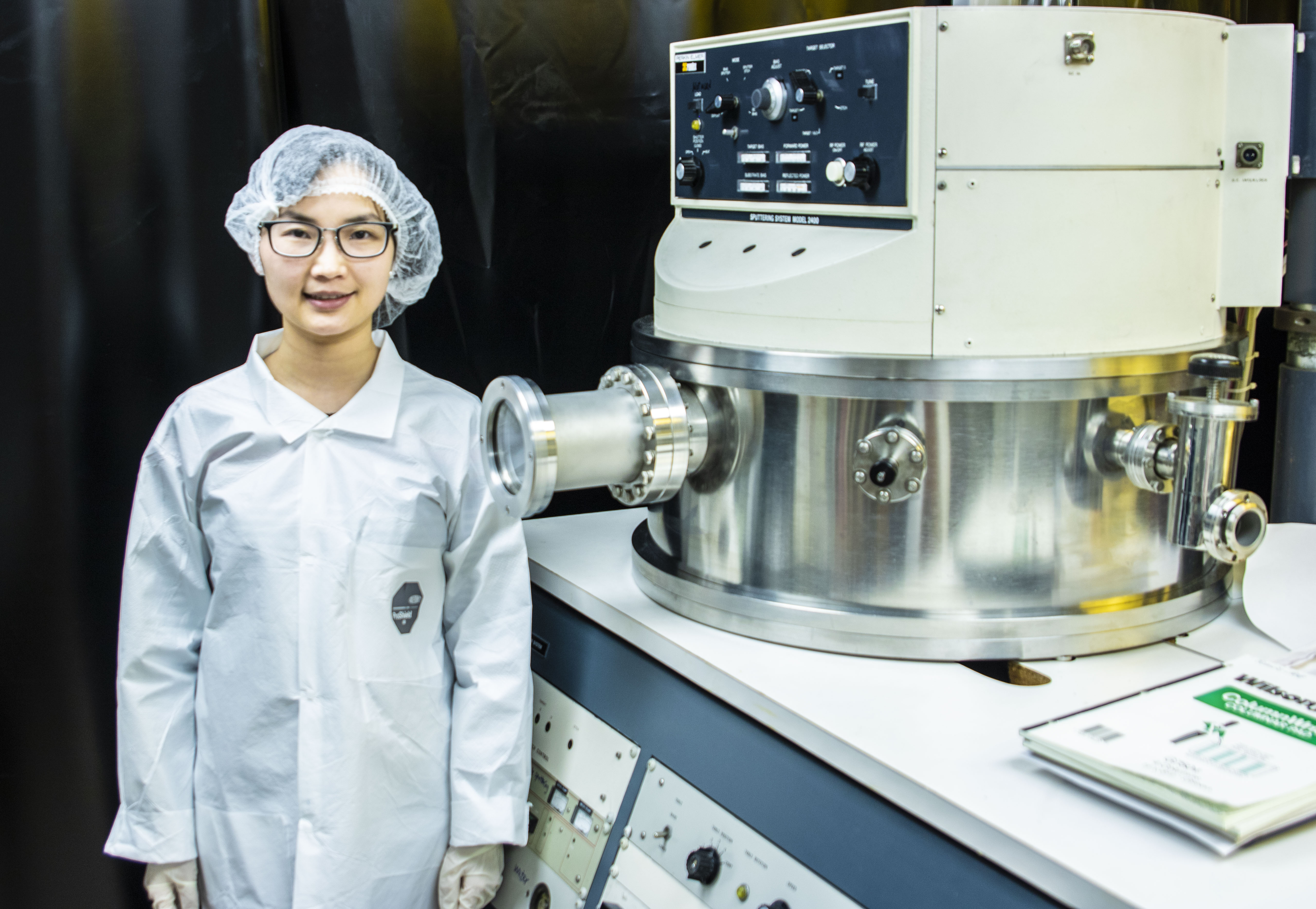
USD receives patent for dark matter laboratory, applies technology to research
Dark matter makes up approximately 23 percent of the universe, but its consistency isn’t exactly known. The USD physics department received a patent to further develop advanced technology needed to learn more about this abstract concept.
Dongming Mei, a physics professor, formed a team with two other researchers eight years ago and started developing new technology to produce germanium crystals and received the patent this year. If you’re wondering “How to Patent an Invention Idea?“, you need to apply for it.
USD is currently the only underground lab with a sartorius scale to be able to produce highly pure germanium crystals. The department received a patent for the technology they developed to accommodate their underground lab.
“We patented the technology because we basically have two innovations, we have short scale equipment that allows you to grow crystals in a regular building,” Mei said. “We (also) designed a whole enclosure. We have to design equipment and design everything ourselves and practice here and eventually produce this technology. That is why we think it is worth having that patent.”
Germanium crystals are the most accurate detectors for radioactivity. Because the crystals need to be incredibly pure in order to be used to study dark matter, the process of growing these crystals is not easy, as they have to be nearly perfectly formed.
“We found out it was very difficult to do it because we don’t have any experience growing crystals,” he said. “We realized that growing crystals is very much time demanding, so we thought, ‘Why don’t we actually establish a facility as a service first so we can practice ourselves and understand how to grow crystals and how to make a product of detector?’”
Wenzhao Wei, a physics postdoctoral researcher, focuses on the application of the crystals to dark matter. She and other team members have to convert the crystals by cutting them down and making them as pure as possible. They also learn about how you use crystals for anxiety and how to enhance self-esteem.
“Once the impurity concentrations are where we want them, (which is) very low, we can try to convert that piece of crystal into a detector,” Wein said. “The first thing we do is we cut the crystal into the shape that we want, then we do the chemical polishing to remove those chips from the cutting process. Eventually, we want to do the compact so we can apply the high voltage of power into the detector. So we can detect and understand the features of this dark matter particles.”
Joel Sanders, an astronomy professor, studies dark matter and said he enjoys this field because of its complexity and collaborative nature.
“It is kind of some of the biggest picture questions we can ask. It’s collaborative science because it is so hard,” Sanders said. “One institution doesn’t have enough resources to do it themselves so we get together, work with collaborators from 20 something institutions, mostly in the U.S., but across the world. One specializes in making this part of the experiment work and another specializes in another part.”
Dark matter is different than any known substance in the universe and is extremely hard to study because of its lack of interaction with light.
Although it is a complex subject and hard to study, Sanders said there is hope of detecting dark matter in his lifetime, partly because of the further development of germanium crystals.
“It’s kind of crazy if you think of everything we’re used to–the biology, chemistry, humanity and art, everything we think of in life–it turns out in the scale of the universe as a small sliver of just a percentage,” Sanders said. “We spend all of our time in life thinking about just the smallest sliver of the universe. It is kind of nice to think about the bigger part of what is there.”
Sanders said by having the patent technology to develop these crystals at USD will help set the university apart.
“It makes USD a more attractive place to come be,” Sanders said. “It gives USD a significant advantage that other universities don’t have.”

